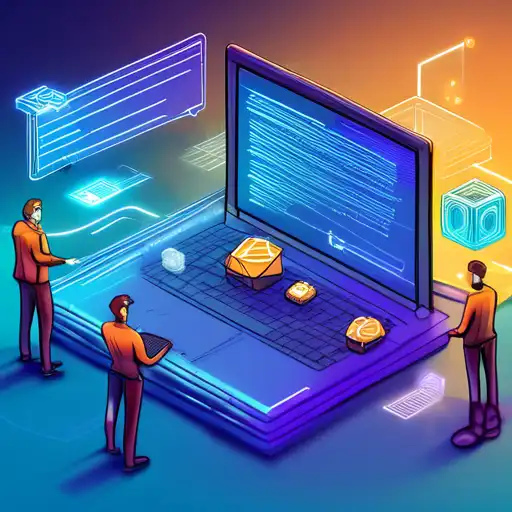Introduction to Smart Contracts
Smart contracts represent a pivotal innovation in blockchain technology, automating agreements without the need for intermediaries. These digital contracts execute transactions automatically when predetermined conditions are met, ensuring trust and efficiency in decentralized environments.
How Smart Contracts Work
At their core, smart contracts are self-executing contracts with the terms of the agreement directly written into code. They run on the blockchain, making them immutable and distributed. This means once a smart contract is deployed, it cannot be altered, and its execution is enforced by the network.
Benefits of Smart Contracts
- Trust and Transparency: All parties can view the contract terms, and execution is automatic, eliminating bias or manipulation.
- Efficiency and Speed: By automating processes, smart contracts reduce the time and costs associated with traditional contract execution.
- Security: Blockchain's decentralized nature and cryptographic security make smart contracts highly secure against fraud.
Applications of Smart Contracts
Smart contracts find applications across various sectors, including finance, real estate, and supply chain management. For instance, in finance, they enable automatic payments when conditions are met, while in real estate, they can automate property sales without intermediaries.
Challenges and Considerations
Despite their advantages, smart contracts face challenges such as legal recognition, scalability, and the risk of bugs in the code. It's crucial for developers to thoroughly test contracts and for users to understand the terms before engaging.
Future of Smart Contracts
As blockchain technology evolves, smart contracts are expected to become more sophisticated, with wider adoption across industries. Innovations like oracle networks are bridging the gap between blockchain and real-world data, expanding their potential.
Understanding smart contracts is essential for anyone looking to leverage blockchain technology. By automating agreements, they offer a glimpse into a future where transactions are more secure, efficient, and transparent.
